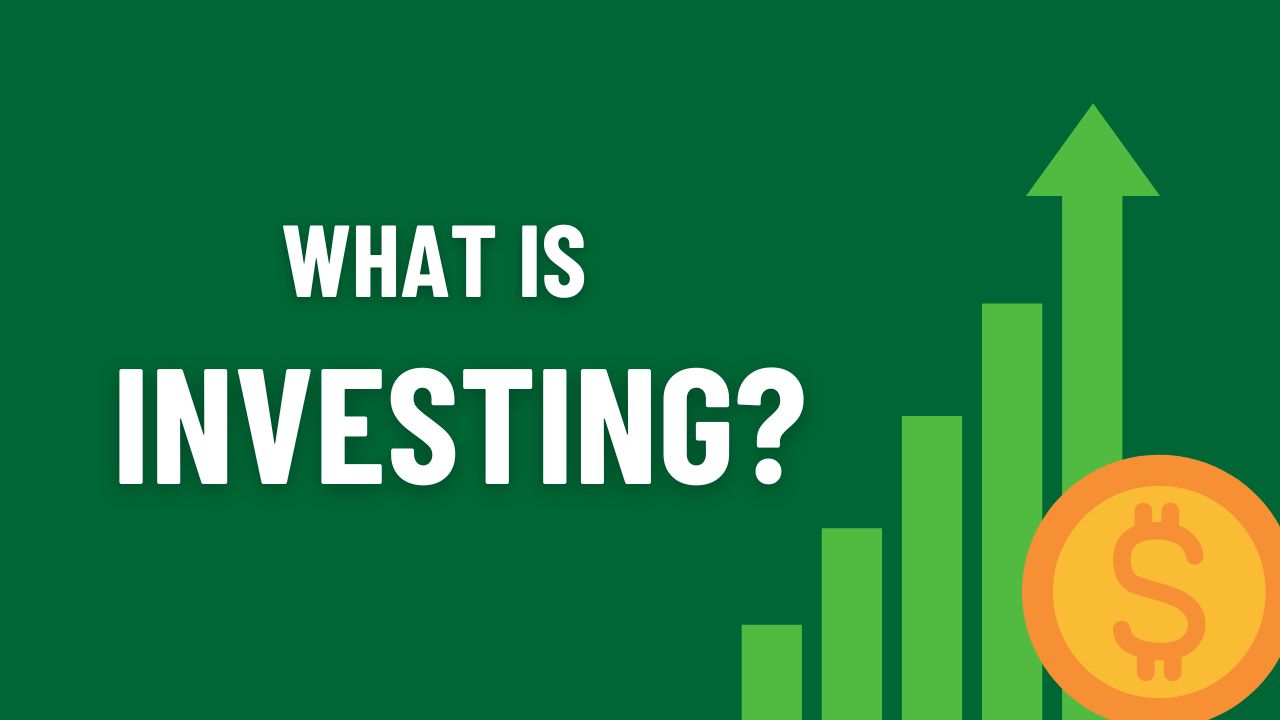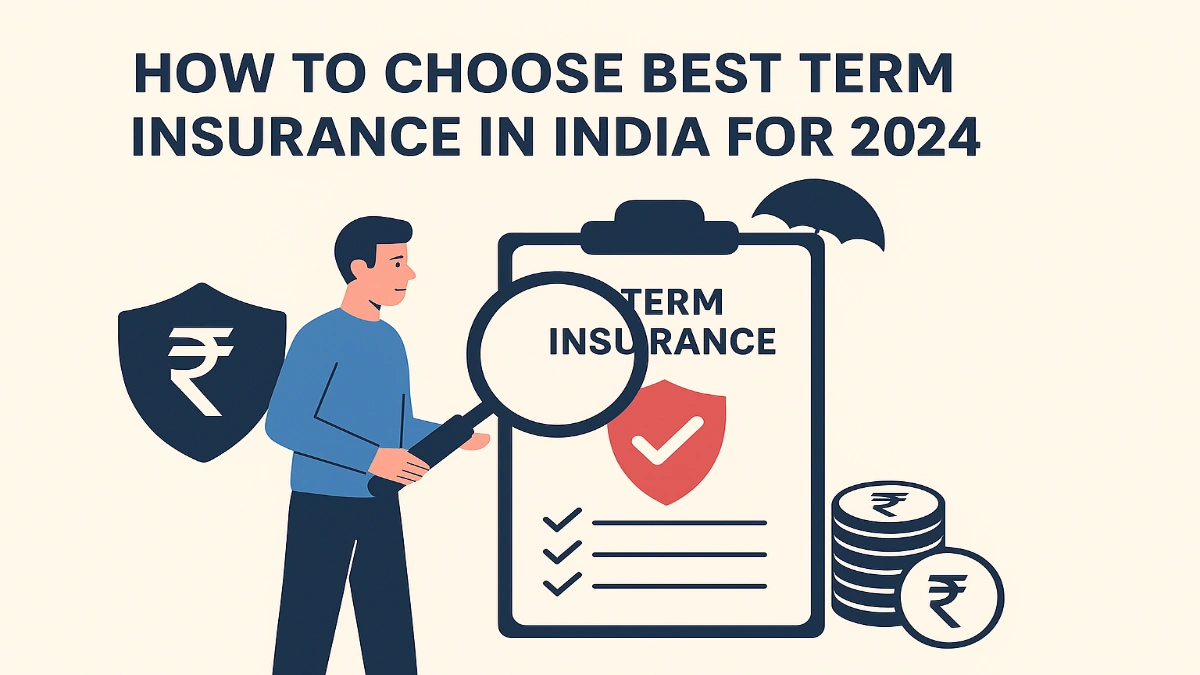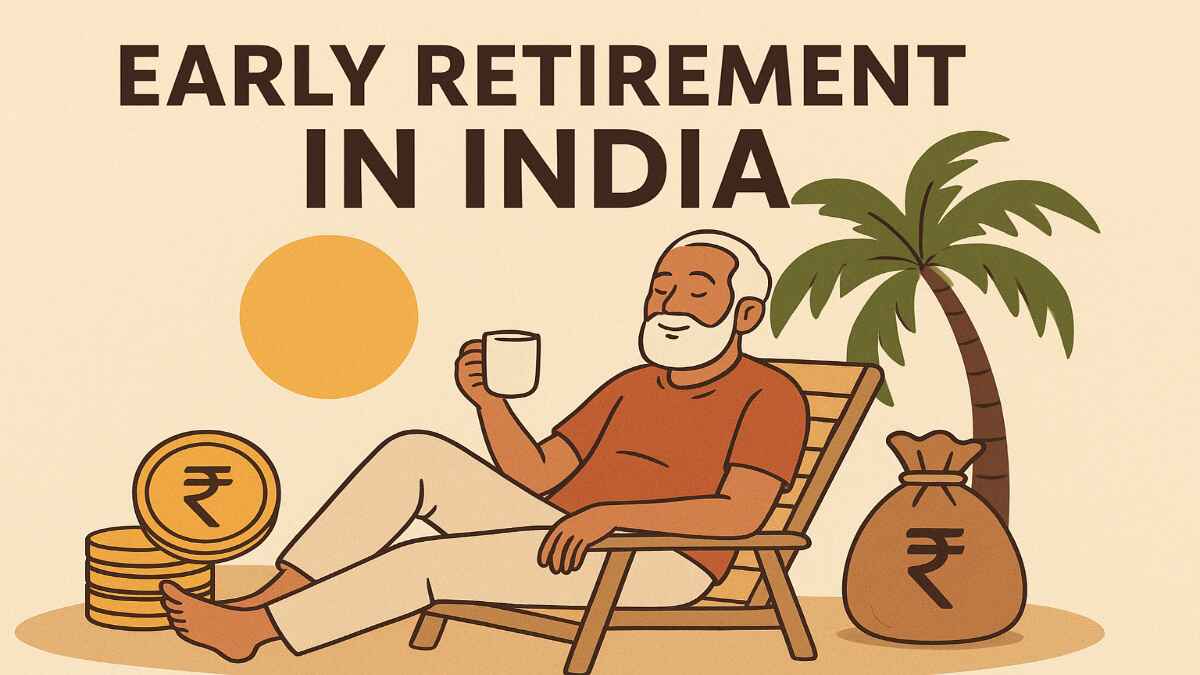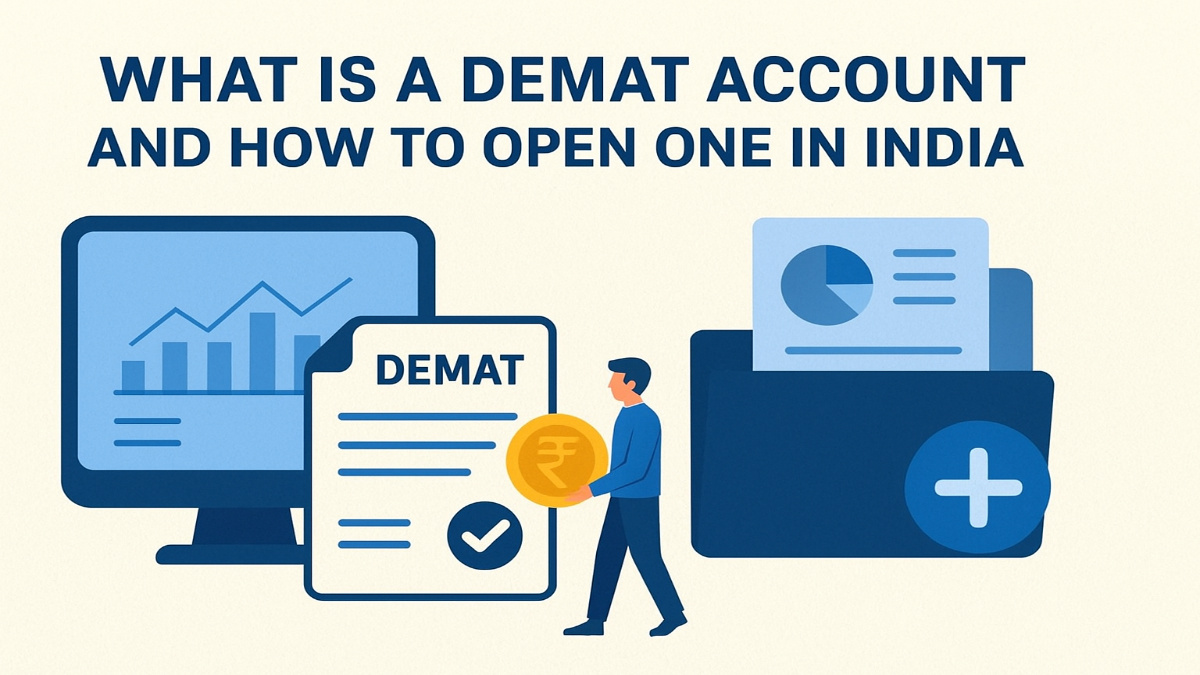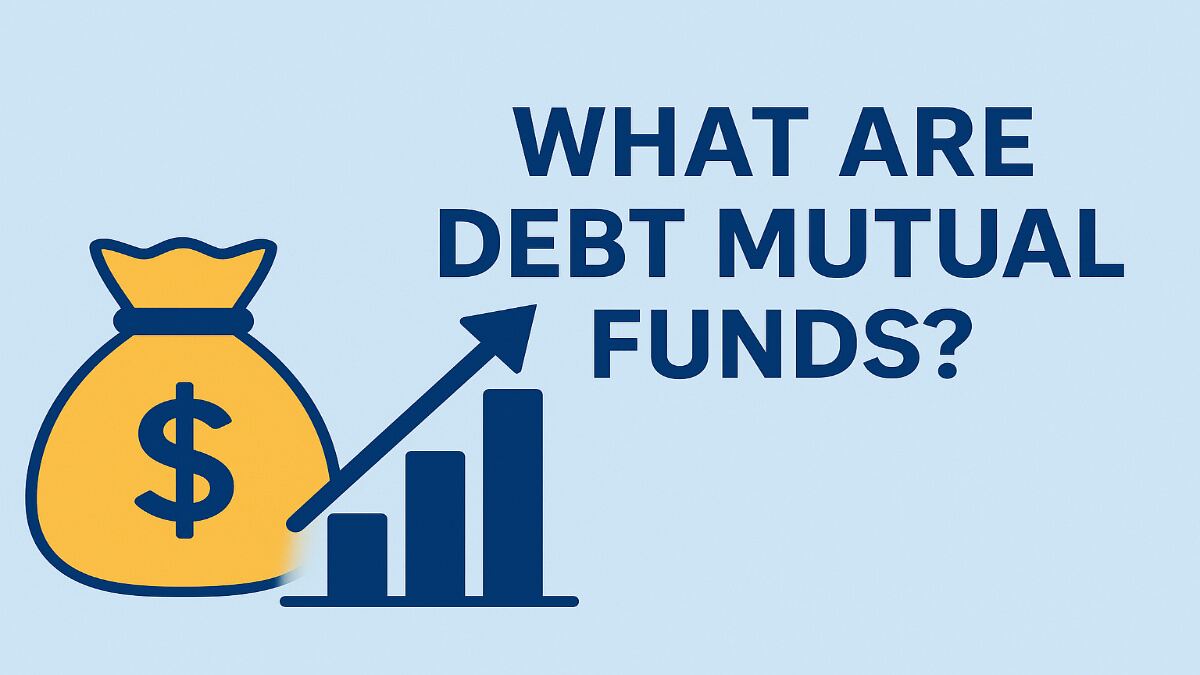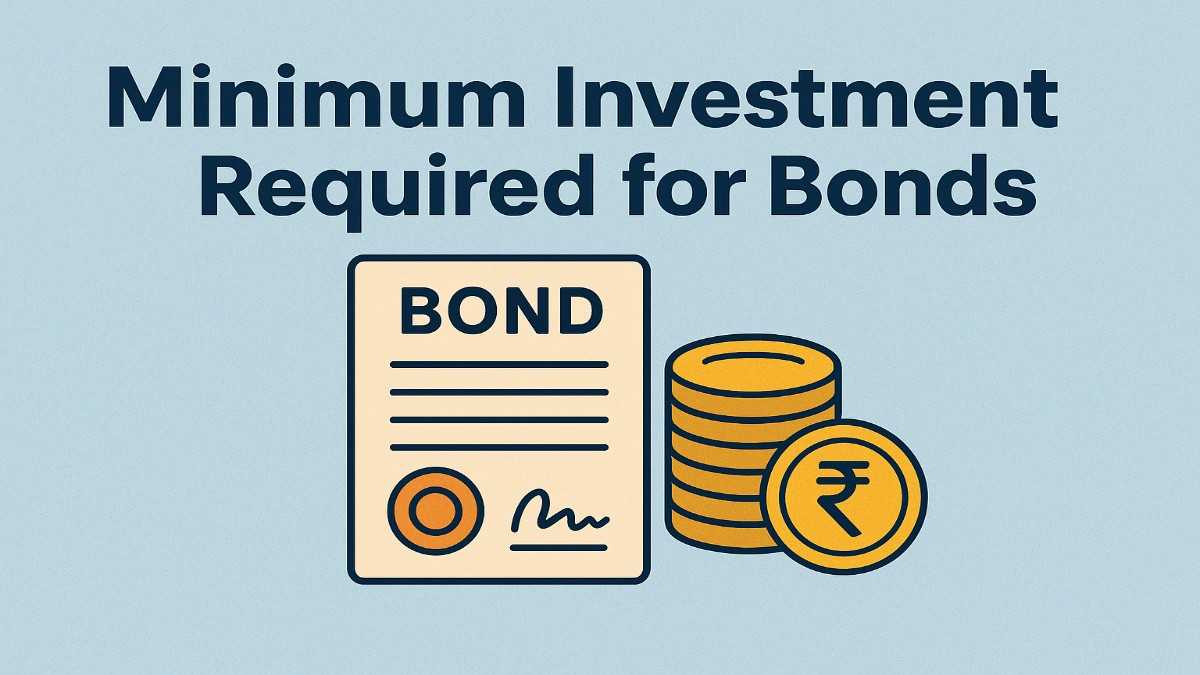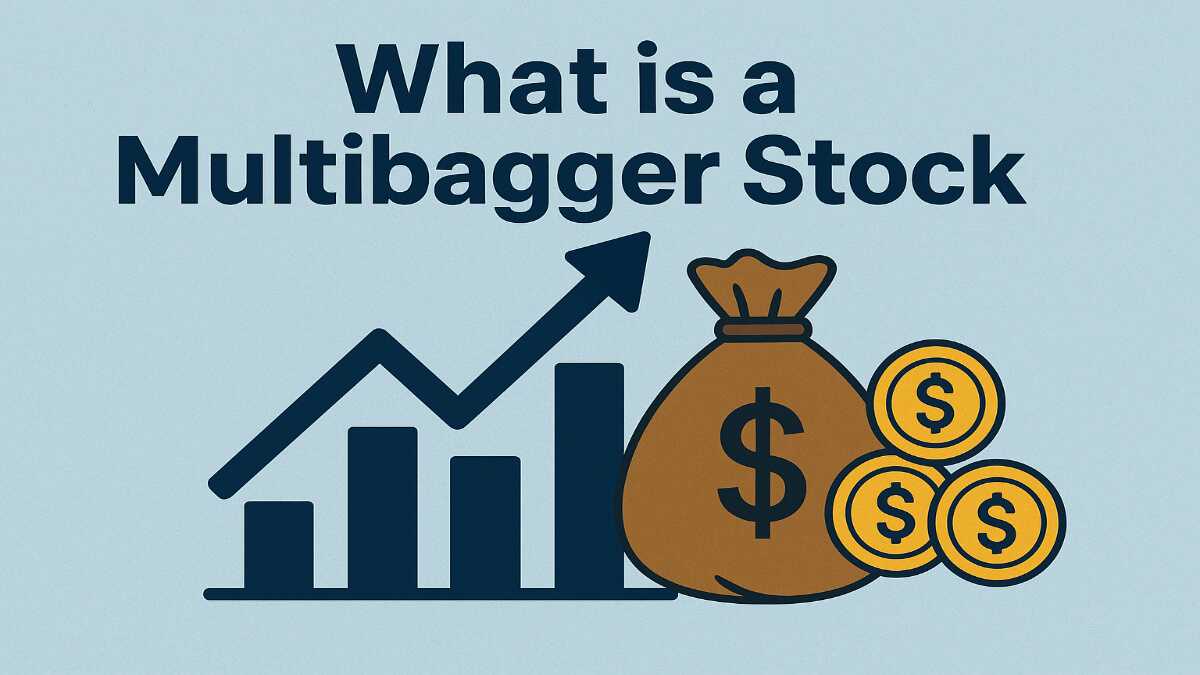Investing is a powerful tool for building wealth and securing your financial future. In a rapidly growing economy like India’s, understanding What Is Investing and Why Should You Start Early? is crucial for anyone looking to achieve financial independence. Whether you’re a young professional just starting your career or someone planning for long-term goals like retirement, starting early can make a significant difference. This article explores the concept of investing, the benefits of beginning early, practical steps to get started, common mistakes to avoid, and answers to frequently asked questions, all tailored for an Indian audience.
Table of Contents
What Is Investing?
Investing involves allocating money to various assets or financial instruments with the expectation of generating income or profit over time. Unlike saving, which typically involves keeping money in a bank account with minimal growth, investing allows your money to grow through interest, dividends, or capital appreciation. The goal is to build wealth to meet financial objectives, such as buying a home, funding education, or retiring comfortably.
In India, there are numerous investment options suitable for beginners, each with its own risk and return profile. Below is a table summarizing some of the most popular investment options:
| Investment Option | Description | Risk Level | Best For |
|---|---|---|---|
| Fixed Deposits (FDs) | Deposits with banks or NBFCs offering fixed interest rates for a set period. | Low | Risk-averse investors seeking guaranteed returns. |
| Public Provident Fund (PPF) | Government-backed savings scheme with tax benefits and fixed returns. | Low | Long-term goals like retirement or education. |
| Mutual Funds | Pooled investments managed by professionals, investing in stocks, bonds, or other assets. | Moderate to High | Investors seeking diversification and professional management. |
| National Pension System (NPS) | Government-sponsored pension scheme with a mix of equity and debt investments. | Moderate | Retirement planning. |
| Unit Linked Insurance Plans (ULIPs) | Combines insurance and market-linked investments. | Moderate to High | Those seeking insurance and investment benefits. |
| Stocks | Shares of publicly traded companies offering high return potential. | High | Investors with high risk tolerance and long-term goals. |
| Real Estate | Investment in property or REITs for rental income and appreciation. | High | Long-term investors with significant capital. |
| Gold | Physical gold or sovereign gold bonds as a safe haven investment. | Low to Moderate | Investors seeking stability and inflation protection. |
| Bonds | Government or corporate debt instruments offering fixed income. | Low to Moderate | Conservative investors seeking steady returns. |
| Systematic Investment Plans (SIPs) | Regular investments in mutual funds, leveraging rupee cost averaging. | Moderate | Beginners with limited funds and long-term goals. |
Each option caters to different financial goals, risk tolerances, and investment horizons. For beginners, starting with low-risk options like FDs or PPF can build confidence before exploring market-linked investments like mutual funds or stocks.
Why Start Investing Early?
Starting to invest early is one of the most effective strategies for building wealth. The benefits of early investing are rooted in the principles of time and compounding, which can significantly amplify your returns. Here are the key reasons why you should consider What Is Investing and Why Should You Start Early?:
1. Time Value of Money
The earlier you invest, the more time your money has to grow. Time is a critical factor in investing, as it allows your investments to recover from market fluctuations and capitalize on long-term growth opportunities. For example, investing in your 20s gives you a 30–40-year horizon, significantly increasing your wealth compared to starting in your 40s.
2. Power of Compounding
Compounding is the process where your investment earns returns, and those returns generate additional earnings over time. This creates a snowball effect, where your wealth grows exponentially. For instance, consider two individuals, Mayank and Vivek:
- Mayank: Starts investing ₹5,000 per month at age 25 in a mutual fund with a 9% annual return. By age 60, his investment grows to approximately ₹1.35 crore.
- Vivek: Starts investing the same amount at age 30. By age 60, his investment grows to ₹85.7 lakh.
By starting just five years earlier, Mayank accumulates an additional ₹49.9 lakh, demonstrating the power of compounding when you start early.
3. Higher Risk Tolerance
When you’re young, you typically have fewer financial responsibilities and a longer investment horizon. This allows you to take on higher-risk, higher-reward investments like stocks or equity mutual funds. Over time, these investments can recover from market downturns, potentially yielding significant returns.
4. Building Financial Discipline
Investing early instills the habit of saving and investing regularly. By setting aside a portion of your income, you develop financial discipline, which is essential for managing larger sums as your earnings grow. This habit also encourages budgeting and informed financial decision-making.
5. Combating Inflation
Inflation erodes the purchasing power of money over time. Investments like stocks, mutual funds, or real estate can grow faster than inflation, ensuring your money retains its value. Starting early allows your investments to outpace inflation over the long term.
6. Achieving Long-Term Goals
Whether it’s buying a house, funding your child’s education, or retiring comfortably, starting early gives your investments the time needed to grow into substantial amounts. Early investments can turn small, regular contributions into significant wealth.
How to Start Investing Early in India

Starting your investment journey doesn’t have to be complicated. Here are practical steps to begin, tailored for beginners in India:
- Set Clear Financial Goals: Identify your objectives, such as saving for a home, education, or retirement. Clear goals help you choose the right investment options.
- Assess Your Risk Tolerance: Determine how much risk you’re comfortable with. Younger investors can often afford to take more risks, while those closer to their goals may prefer safer options.
- Start Small: You don’t need a large sum to begin. SIPs in mutual funds allow you to start with as little as ₹500 per month, and PPF requires a minimum of ₹500 per year.
- Choose the Right Investment Options: Based on your goals and risk tolerance, select appropriate investments. For beginners, a mix of FDs, PPF, and SIPs in mutual funds is a balanced approach.
- Diversify Your Portfolio: Spread your investments across different asset classes to minimize risk. For example, combine FDs for safety, mutual funds for growth, and gold for stability.
- Monitor and Rebalance: Regularly review your investments to ensure they align with your goals. Rebalance your portfolio as needed to maintain your desired risk level.
Resources like HDFC Mutual Fund and PolicyBazaar provide tools and information to help you start investing.
Common Mistakes to Avoid When Investing
While starting early is crucial, avoiding common pitfalls can enhance your success. Here are mistakes to watch out for:
- Not Starting Early Enough: Delaying your investments reduces the time available for compounding, significantly impacting your returns.
- Trying to Time the Market: Predicting market movements is challenging. Focus on long-term investing rather than short-term gains.
- Ignoring Fees and Charges: High fees can erode your returns. Choose low-cost investment options, such as index funds or low-expense-ratio mutual funds.
- Lack of Diversification: Concentrating investments in one asset class increases risk. Diversify across stocks, bonds, and other assets.
- Chasing Past Performance: Past returns don’t guarantee future results. Research thoroughly before investing.
- Emotional Investing: Avoid making decisions based on fear or greed. Stick to your investment plan.
FAQs
What is the best age to start investing?
The best time to start is as soon as you have a steady income, ideally in your 20s. The earlier you begin, the more time your investments have to grow.
How much should I invest?
Start with an amount you can afford, even if it’s small. Consistency matters more than the initial amount. For example, SIPs allow investments as low as ₹500 per month.
What if I don’t have much money to invest?
Many options, like SIPs or PPF, allow you to start with small amounts. Over time, regular contributions can grow significantly.
Is investing only for the rich?
No, investing is for everyone. Options like SIPs, FDs, and PPF are accessible to all income levels, making wealth-building possible for everyone.
How can I learn more about investing?
Explore resources like books, online courses, financial blogs, and platforms like ICICI Prudential Life Insurance or Groww. Consulting a financial advisor can also provide personalized guidance.
Conclusion
Understanding What Is Investing and Why Should You Start Early? is the first step toward financial independence. By starting early, you harness the power of time and compounding, allowing even small investments to grow into substantial wealth. In India, a variety of investment options, from FDs to mutual funds, cater to different risk appetites and goals. Begin with clear objectives, diversify your portfolio, and avoid common mistakes to maximize your returns. The key is to take the first step, no matter how small, and stay consistent. With resources from trusted platforms like HDFC Mutual Fund, PolicyBazaar, and Axis Max Life Insurance, you can embark on your investment journey with confidence.
Disclaimer: Moneyjack.in provides general financial information for educational purposes only. We are not financial advisors. Content is not personalized advice. Consult a qualified professional before making financial decisions. We are not liable for any losses or damages arising from the use of our content. Always conduct your own research.

